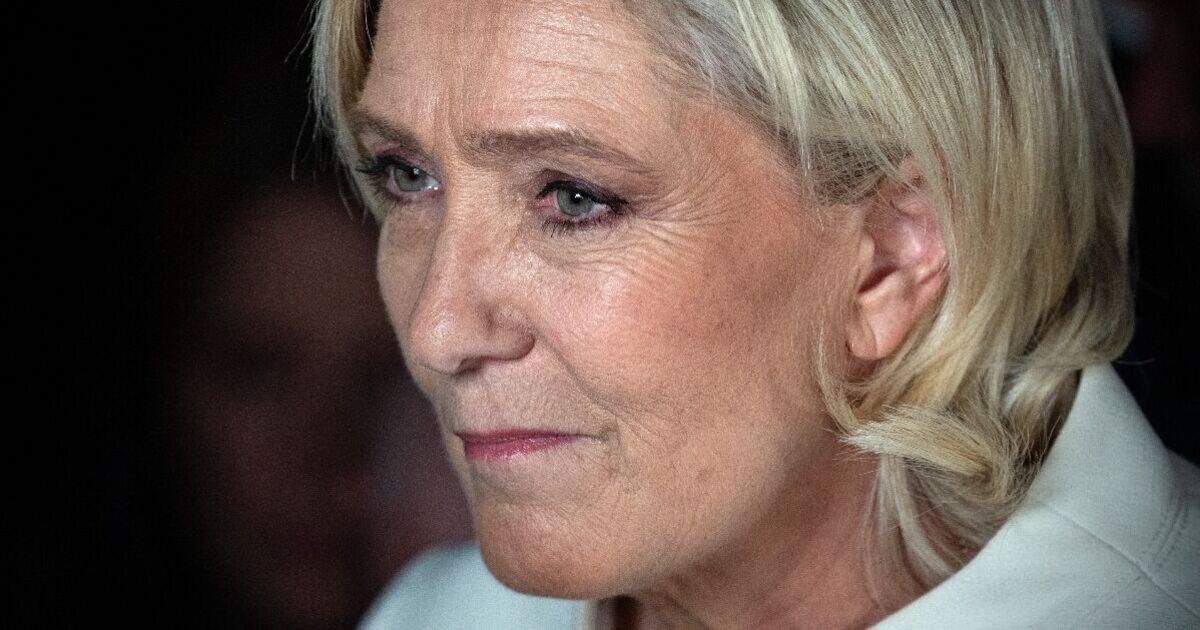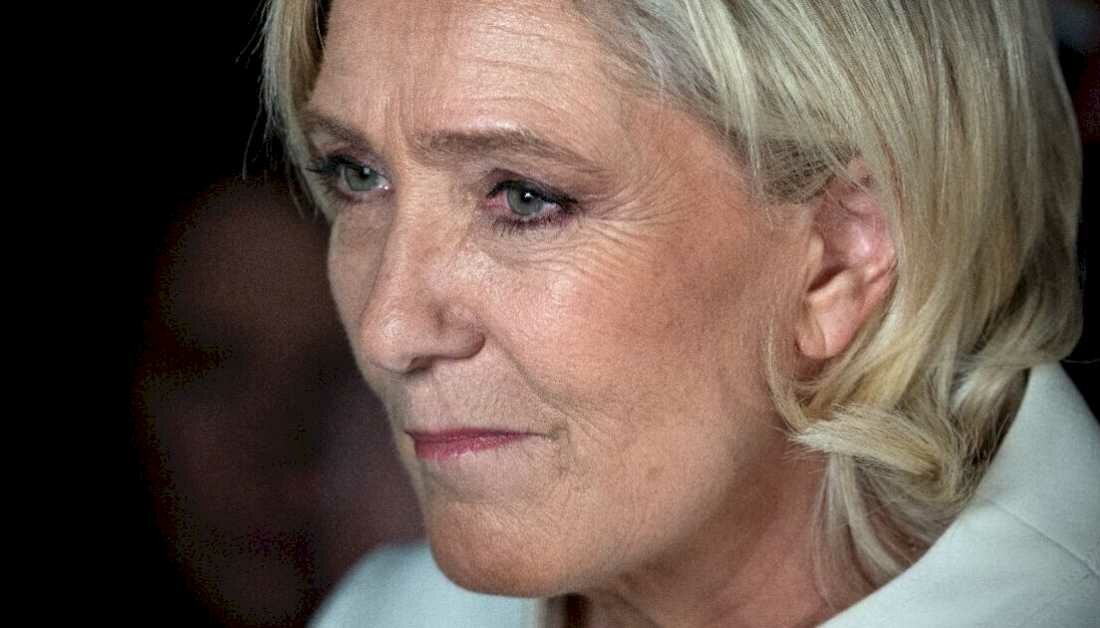
A judge is to rule on whether Marine Le Pen and her National Rally party embezzled European Parliament funds. Ms Le Pen and 24 other party officials are accused of using money intended for European Union parliamentary aides to pay staff who worked for the party between 2004 and 2016, violating EU rules.
Ms Le Pen, 56, and other co-defendants denied wrongdoing during the nine-week trial which took place late last year. Her chief concern will be that she could be declared ineligible to seek public office if found guilty.
If she is convicted, the court could impose a period where she is ineligible to run for office which would take effect immediately even if she files an appeal.
The court would also decide whether to give Ms Le Pen a prison sentence, which would be suspended during any appeal.
That could prompt another possible headache for the Far-Right leader. If she appeals, she will automatically be granted a new trial, but it will likely take place in 2026, only months before the next presidential election.
Ms Le Pen appears to be anticipating a guilty verdict, having told the panel of three judges: “I feel we didn’t succeed in convincing you.”
Prosecutors requested a two-year prison sentence for Ms Le Pen and a five-year period of ineligibility. She said in response that they want her “political death”.
In a key decision on Friday, France’s Constitutional Council ruled a period of ineligibility with immediate effect is in keeping with the country’s constitution.
But the ruling also stressed it is up to the judges to assess the consequences of imposing such a ban straightaway, make sure the ruling is “proportionate” and takes into consideration “the preservation of voters’ freedom”.
The Constitutional Council issued its ruling in a separate case which has no direct link with Ms Le Pen’s. Yet its conclusions have been scrutinised as they provide legal guidance judges are likely to take into consideration.
It also underlined the court can decide to not impose any period of ineligibility immediately. In that case, the ban would be suspended pending an appeal.
For more than a decade, Ms Le Pen has worked at making her party more mainstream, dulling its extremist edge to broaden its appeal to voters.
She led the National Rally from 2011 to 2021, changing its name from the National Front as part of efforts to distance it from the period when her father, Jean-Marie Le Pen, ran it and it carried a heavy stigma of racism and antisemitism.
Now a lawmaker in the National Assembly, the French parliament’s powerful lower house, she has already positioned herself as a candidate to succeed President Emmanuel Macron, having twice finished runner-up to him.
In 2022, Macron won with 58.5% of the vote to Le Pen’s 41.5% — significantly closer than when they first faced off in 2017 and the best result ever of the French Far Right in a presidential bid.
Ms Le Pen has pleaded that ineligibility would have the effect of depriving her of being a presidential candidate.
She said: “Behind that, there are 11 million people who voted for the movement I represent. So tomorrow, potentially, millions and millions of French people would see themselves deprived of their candidate in the election.”
Jordan Bardella, 29, who succeeded Ms Le Pen in 2021 at the helm of the party, may replace her should she be unable to run.
He is widely perceived as her natural successor if she were barred from standing, although observers say there is no guarantee he would be able to convince as many voters as she does. In recent months, some inside the party have criticised his management as too focused on his personal career.
Since joining the party at 17, Mr Bardella has risen quickly through the ranks, serving as spokesperson and president of its youth wing before being appointed vice president. He became the second-youngest member of the European Parliament in history in 2019.

